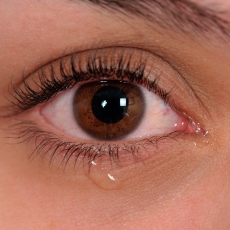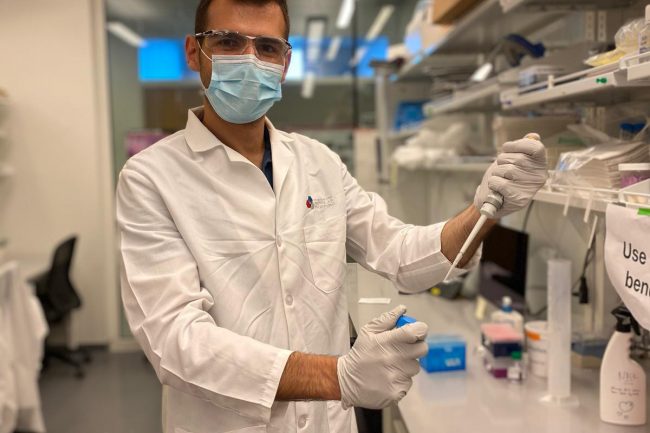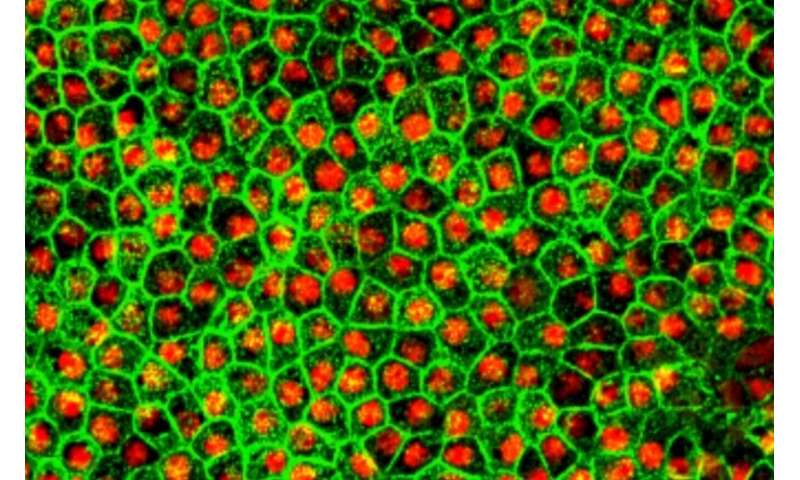In a new study, investigators found that ideal cardiovascular health, which is indicative of a healthy lifestyle, was associated with lower odds for ocular diseases especially diabetic retinopathy. These findings appearing in the American Journal of Medicine, published by Elsevier, suggest that interventions to prevent cardiovascular diseases may also hold promise in preventing ocular diseases.
Retina Global is a US based 501(c)(3) nonprofit that is focused on finding sustainable solutions to the ever-increasing issues with retinal diseases in underserved areas around the world.
Sunday, August 23, 2020
Monday, August 17, 2020
Retinal Vein Occlusion may be associated with increased risk of dementia
A study out of South Korea suggests that retinal vein occlusion (RVO) may be associated with increased risk of dementia. The coexistence of RVO with hypertension was found to be associated with a higher risk of dementia. In addition, RVO may be a predictor for dementia.
Researchers develop cell injection technique that could help reverse vision loss
University of Toronto Engineering researchers have developed a new method of injecting healthy cells into damaged eyes. The technique could point the way toward new treatments with the potential to reverse forms of vision loss that are currently incurable.
Tuesday, May 5, 2020
Smart contact lenses that diagnose and treat diabetes and diabetic retinopathy
 |
| (c) POSTECH |
A research team at Pohang University of Science and Technology (POSTECH) in South Korea developed wirelessly driven a 'smart contact lens' technology that can just that too - it can detect diabetes and further treat diabetic retinopathy just by a person wearing them.
Sunday, April 19, 2020
Study finds link between poor diet and age-related macular degeneration
 |
| (c) Univ of Buffalo |
The condition is called late-stage age-related macular degeneration (AMD). AMD is an irreversible condition that affects a person’s central vision, taking away their ability to drive, among other common daily activities.
Labels:
Age-related,
Age-related Macular Degeneration,
AMD,
Amsler,
AREDS,
AREDS2,
ARMD,
blind,
blindness,
Degeneration,
Degenerative,
Dry AMD,
Intermediate AMD,
Macular Degeneration,
Research,
Wet AMD
Saturday, April 11, 2020
Does we pass COVID-19 virus particles through our tears?
 |
| (c) Medlineplus.gov |
Thursday, April 2, 2020
Embryonic stem cells for treating blindness
Researchers at Karolinska Institutet and St Erik Eye Hospital in Sweden have discovered a way to refine the production of retinal cells from embryonic stem cells for treating blindness in the elderly.
Using CRISPR/Cas9 gene editing, they also modified the cells so that they can hide from the immune system to prevent rejection.
Using CRISPR/Cas9 gene editing, they also modified the cells so that they can hide from the immune system to prevent rejection.
Subscribe to:
Posts (Atom)



